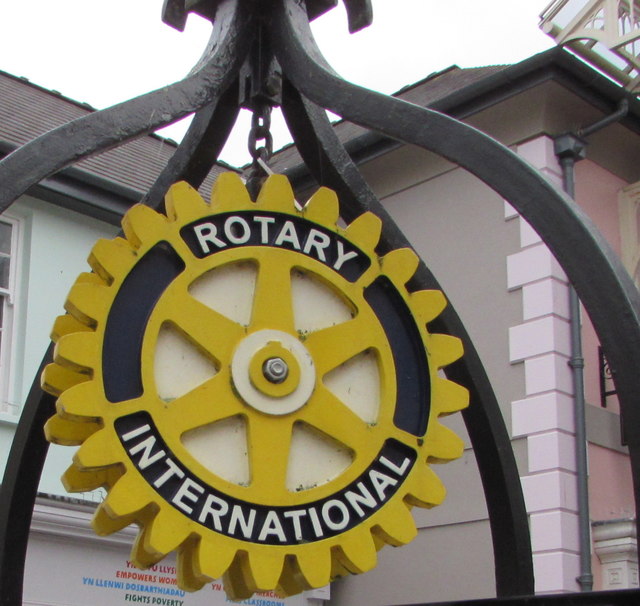STEM
Climate Change
Sustainability
Edward Hessler
In a recent issue of Chatelaine, climate scientist Katharine Hayhoe, describes a way she has found useful to talk about climate change with those who don't "believe in it" or doubt its relevance. If you are not familiar with Hayhoe, her homepage provides almost all there is to know.
Hayhoe makes an important point at the outset. While skeptics dominate the discussion, in fact most people agree that the climate is warming and that it is due to human activity.
In short, what Hayhoe has found most useful is listening to people, especially to what matters to them, e.g., "When will my family's farm run out of water? What risks does climate change pose to our city: How can we transition our energy systems off fossil fuels without harming the economy here or development abroad?"
I strongly recommend the full article because I have chosen to focus only on a small part of it.
 Hayhoe was once asked to speak "at the Rotary Club in West Texas, where I live." When she walked into the hall, a giant banner caught her eye. It was about the Rotarian's Four-Way Test. In short, it is an ethical guideline.
Hayhoe was once asked to speak "at the Rotary Club in West Texas, where I live." When she walked into the hall, a giant banner caught her eye. It was about the Rotarian's Four-Way Test. In short, it is an ethical guideline.
--Is it the truth?
--Is it fair to all concerned?
--Will it build goodwill and better relationships?
--And will it beneficial to all concerned?
This list of values caught her eye as she found them compatible with her scientific and personal values. Because she is not only an expert on climate change, has talked about it most of her professional life, including early on in her marriage, with a very skeptical husband, she was able to quickly change her talk on the spot (by skipping the buffet), organizing it around the Rotarian framework.
Hayhoe made the historical case for climate change. Then established the unfairness of climate change using the carbon footprint of the poorest among the world's population who have "contributed so little to the problem, yet they will bear the brunt of the impacts.
And yes it would "build goodwill and be beneficial to address climate change. ... The more climate changes, the more serious and even ultimately dangerous it impacts become. In Texas, climate change is amplifying our natural cycle of wet and dry, making our droughts stronger and longer at the same time it supercharges hurricanes and extreme rain." By working together, goodwill can be built.
One participant, a local banker was persuaded, saying "I wasn't too sure about this whole global warming thing, but it passed the Four-Way Test." How? Hayhoe didn't do a data/fact talk although she probably used some data, nor did she start by being disagreeable. She started by making use of shared values, "showing my respect for them and then connecting the dots between what he already cared about and a changing climate. ...(T)o care about climate change, all we really have to be is a human living on the Planet Earth, someone who cares about the health and the welfare of our family, our community and especially those less fortunate than us."


No comments:
Post a Comment